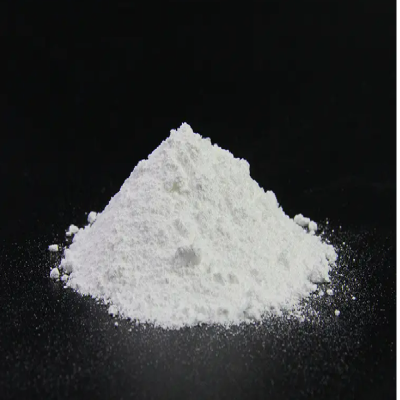Natural cosmetic raw materials refer to materials sourced from nature, such as plants, animals, and minerals, that are either not chemically synthesized or have undergone only simple physical processing. Here are the main characteristics of natural cosmetic raw materials:
1. High Safety
- Low Irritancy: Natural ingredients are usually processed through gentle extraction methods. Compared to chemically synthesized ingredients, they are less likely to irritate the skin. For example, natural plant extracts like aloe vera juice and chamomile extract are soothing to the skin and suitable for sensitive skin.
- Low Allergenicity: The components of natural ingredients are relatively simple, which means they are less likely to cause allergic reactions. For example, natural oils like olive oil and sweet almond oil are generally non-allergenic and suitable for most skin types.
- Free from Harmful Chemicals: Natural ingredients do not contain potentially harmful synthetic preservatives, fragrances, or colorants. For example, natural plant essential oils and waxes (such as beeswax) are safer to use.
2. Strong Efficacy
- Rich Nutritional Content: Natural ingredients are often packed with vitamins, minerals, amino acids, and fatty acids that nourish the skin. For instance, vitamin E has antioxidant properties that protect the skin from free radical damage, while hyaluronic acid (found in some plants) is highly moisturizing.
- Natural Active Components: Many natural ingredients contain unique active components with specific skincare benefits. For example, tea tree essential oil has antibacterial properties and can be used to treat acne, while green tea extract, rich in catechins, has antioxidant and anti-inflammatory effects.
3. Environmentally Friendly
- Sustainability: Natural ingredients are usually sourced from renewable resources, such as plants and animals, and have a smaller environmental impact. For example, using organically grown plant extracts reduces the use of pesticides and fertilizers, protecting the environment.
- Biodegradability: Natural ingredients are more easily decomposed by nature after use and do not cause long-term environmental pollution. For example, natural oils and waxes can be broken down by microorganisms, unlike some synthetic ingredients that can accumulate in the environment.
4. Consumer Preference
- Appeal of Natural Ingredients: With increasing consumer interest in health and the environment, natural cosmetic raw materials are becoming more popular. Consumers tend to prefer cosmetics containing natural ingredients, considering them safer and healthier.
- Transparency and Trust: The sources and components of natural ingredients are relatively transparent, making it easier for consumers to understand the safety of the products and thus increasing their trust in them.
5. Limitations
- Stability Issues: Natural ingredients may not be as stable as chemically synthesized ones and can be more easily affected by environmental factors (such as temperature and humidity). For example, natural oils and plant extracts may oxidize and spoil, requiring the addition of natural antioxidants (like vitamin E) to extend their shelf life.
- Inconsistent Efficacy: The components and efficacy of natural ingredients may vary due to factors such as origin, season, and cultivation conditions. For example, different batches of plant extracts may have different active ingredient contents, leading to inconsistent product quality.
- Higher Costs: The extraction and processing of natural ingredients are often more complex and costly. For example, natural plant extracts require complex extraction and purification processes and are usually more expensive than synthetic ingredients.
6. Regulations and Certifications
- Organic Certification: Many natural cosmetic raw materials need to be certified as organic (such as the USDA Organic certification in the US or the ECOCERT certification in Europe) to prove that their sources and production processes meet organic standards. Organic-certified ingredients are generally more popular with consumers.
- Definition of Natural Ingredients: Different countries and regions have different definitions of natural cosmetic raw materials. For example, the EU stipulates that natural cosmetic raw materials must be sourced from natural plants, animals, or minerals and that the processing they undergo must not alter their natural characteristics.
Natural cosmetic raw materials are favored by an increasing number of consumers due to their high safety, strong efficacy, and environmental friendliness. However, they also have some limitations that need to be addressed in product research and development as well as production processes.

